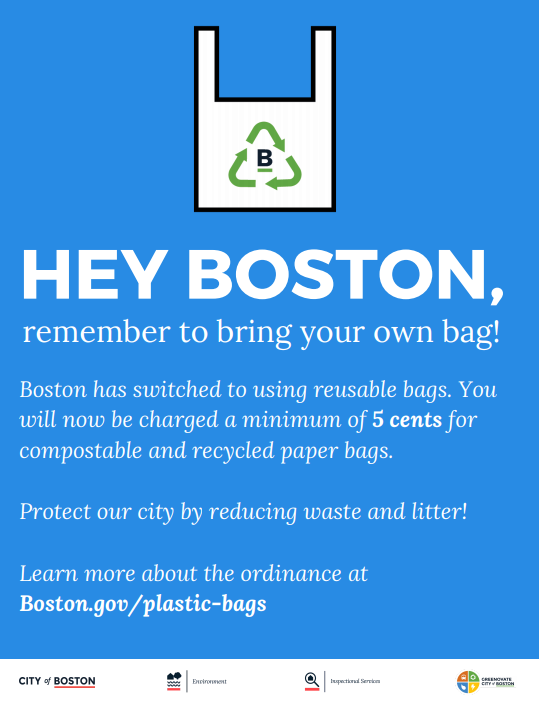Linus Lu
Policy Associate
Too often, the impacts of our behavior on the environment and our health are invisible to us, making it hard to see the damage we’re doing. By making these costs more visible – and at the same time providing greener alternatives – we can incentivize more sustainable behavior.
Policy Associate
One night at the Sheraton Hotel in downtown Denver, I found myself flipping through the hotel’s informational leaflet as I waited for my computer to connect to the guestroom Wi-Fi. At the bottom of one of the pages I found this: “For every night that you skip room cleaning, we’ll take $5 off your bill.” What a deal! As I thought about it, I realized this would not only save me money, but would also save water and energy that would have been used to wash towels and sheets – which could add up to a big impact if everyone participated.
This experience made me wonder how other offers that affect us on a small, day-to-day basis can help reduce waste and promote environmental action. To tackle climate change and other global environmental problems, we need to change large systems in our society: we need to replace fossil fuels with renewable energy, improve recycling and composting infrastructure, invest in green public transport, and more. However, we can’t change these systems and continue to consume at our current rate – we also need to change our behavior. We need to use less water and electricity, drive less, buy and throw out fewer things. And perks like a $5 discount for foregoing room cleaning can help promote these better choices.
Too often, the impacts of our behavior on the environment and our health are invisible to us, making it hard to see the damage we’re doing. By making these costs more visible – and at the same time providing greener alternatives – we can incentivize more sustainable behavior. For example, bottle bills, which became state laws in part through the efforts of the state PIRGs starting in the 1970s, created in Americans a mental association between bottles and cans and their costs by requiring consumers to pay a deposit on these containers. Recycling rates increased dramatically, and to this day, bottle bills are one of the most effective recycling incentives in place.
Some recent environmental initiatives have been spearheaded by businesses. For example, small-scale innovations – like discounts for bringing your own mug to a coffee shop – can be win-win-win situations for customers, businesses, and the environment, by creating discount opportunities for consumers while saving businesses money on single-use supplies and reducing environmental waste and pollution. Moreover, these discounts allow us to see how easy it can be to use a reusable cup, and start us on a path to escaping our addiction to disposable items.
Similarly, government policies, like Chicago’s plastic bag tax, can also help incentivize shoppers to choose greener options. Just as with the coffee mug discount example, bag taxes can shift the economics toward a greener option while making people more aware of the environmental impacts of their daily choices.
Highlighting non-monetary costs can also be effective in changing day to day habits. For example, a study on electricity consumption in California found that households that received messages about the health impacts associated with electricity consumption used 8 percent less electricity on average than households that received messages about the cost savings impact of reduced electricity consumption. Parents were particularly affected by the health messages and decreased their electricity consumption by 19 percent on average.
Practices like these can have a direct impact on reducing waste and pollution, but the greatest benefit might be that they help promote a culture of environmental consciousness. By making us more aware of the costs of some of the things we consume every day, these initiatives can ultimately make us more attuned to the cost of all of the things we’re consuming. Just as a $5 discount at a hotel made me realize how much water could be saved by foregoing room cleaning, a discount for foregoing a plastic cup could be someone else’s realization that we pay an enormous environmental price for these everyday conveniences. This new awareness can also be the catalyst for greater action and involvement with these critical issues.
We need systemic changes to combat the worst effects of climate change and environmental destruction, but we also need to change our everyday actions and decisions. Businesses and governments can help us do just that by making the environmental costs of our lives more visible.

Signs like this that I’ve seen around Boston are a good example of small incentives at work. Credit: City of Boston
–
Splash image: Ross Varrette on Unsplash
Policy Associate
